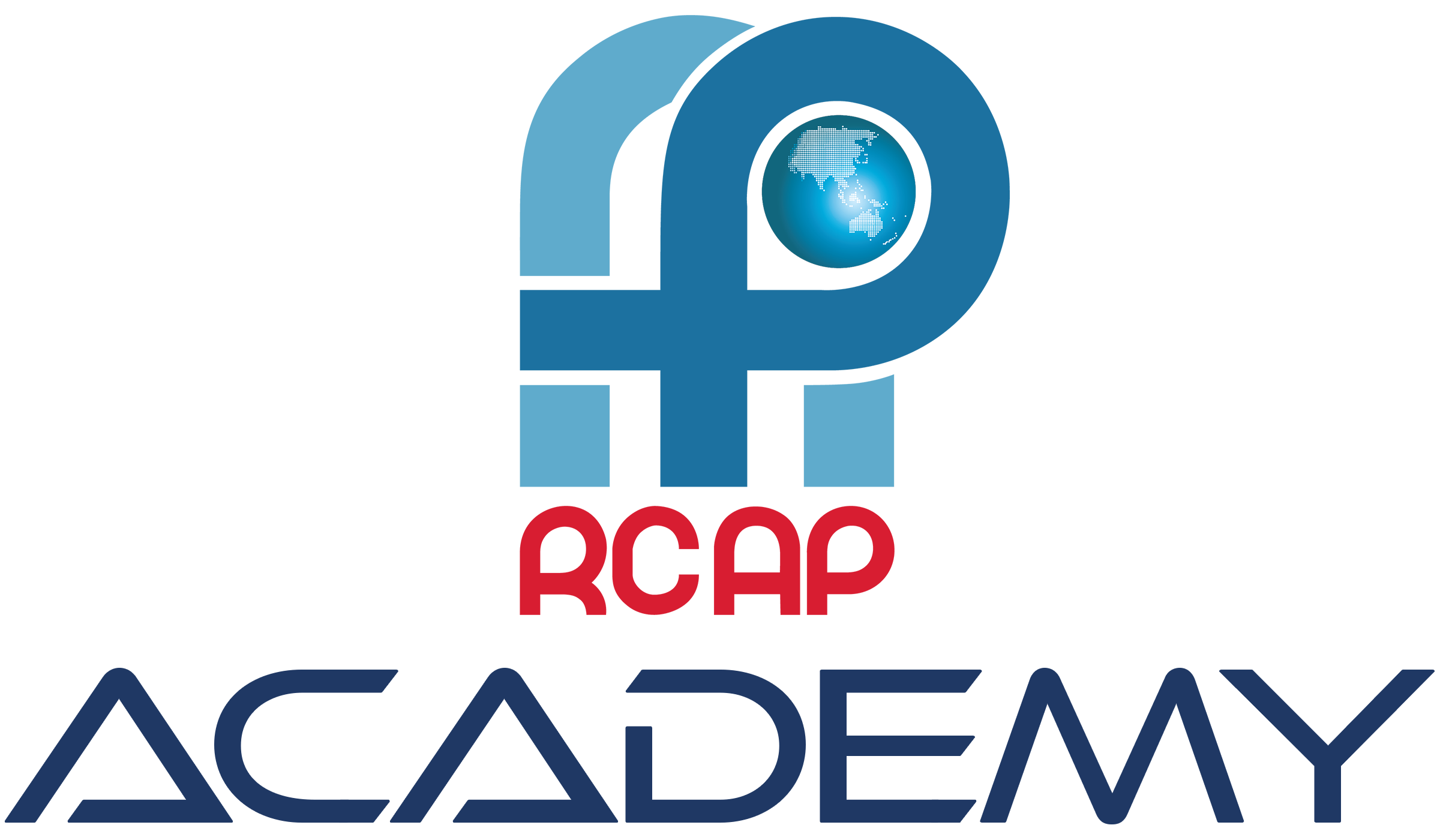Team Sharing
RoboCup Major Leagues
RoboCup Middle Size League (MSL) is a category of the international robotics competition, RoboCup, which focuses on soccer. In this category, teams of 5 autonomous robots, ranging in size from 50 cm to 70 cm, compete against each other in a soccer match using a regular size FIFA soccer ball.
These robots are equipped with sensors and actuators to navigate the field, avoid obstacles, and interact with the ball and other objects. The competition aims to promote research in the areas of mechatronics design, control, and multi-agent cooperation at the perception and planning levels.
Teams are required to design and build their own robots, which must be fully autonomous and adhere to size and weight restrictions. The competition serves as a platform for researchers, students, and enthusiasts to showcase their work and exchange ideas in the field of robotics.
RoboCup@Work is a league within the international RoboCup competition that focuses on robots and systems designed for industrial and service tasks. The goal of this league is to advance the state of robotics technology for use in real-world applications, such as manufacturing, logistics, and healthcare.
It is the newest league within RoboCup and aims to tackle open research challenges in industrial and service robotics by utilizing proven ideas and concepts from other RoboCup competitions. The RoboCup@Work league is open to both academic and industry teams and is held annually, bringing together teams from around the world to compete in challenges designed to test the capabilities of their robots and systems.
The league also consists of several sub-leagues, each focused on a specific application domain or task, such as the RoboCup@Work Logistics League for robots handling material handling and transportation tasks, or the RoboCup@Work Service League for robots interacting with people and performing tasks like delivering items or providing information. The competition serves as a platform for researchers and engineers to showcase their work and exchange ideas with others in the field.
RCAP CoSpace Challenges
The RCAP CoSpace Autonomous Driving Challenge (Former CoSpace Grand Prix) focuses on path planning in a smart city.
For this challenge, teams are required to program autonomous vehicles to navigate through a smart city in both real and virtual environments (CoSpace). RCAP Autonomous Driving, FirstSteps is for absolute beginners with minimum experience.
The CoSpace Rescue Challenge is a competition that focuses on path planning and search algorithms for autonomous robots. In this challenge, two teams compete against each other by developing and programming strategies for autonomous robots to navigate, search, and collect different objects in simulated real and virtual environments.
The challenge involves designing and building robots that can navigate through a course and locate and retrieve specific objects while following predetermined rules and guidelines. The course is designed to simulate real-world rescue scenarios, and may include various types of terrain, obstacles, and other challenges.
The competition is typically held in a series of rounds that culminate in a final event where the top performing teams compete for glory. It is an opportunity for teams to showcase their skills and innovations in the fields of path planning and search algorithms, and to exchange ideas and collaborate with others in the field.
RoboCupJunior (RCJ)
CoSpace Rescue is a sub-league of the RoboCupJunior and RoboCup Asia-Pacific competition, open to students aged 8 to 19.
In this competition, teams must construct a physical robot and develop and program strategies for it to navigate real and virtual environments, collecting objects while competing against another team’s robot doing the same. The competition includes both real and virtual elements.
The Rescue Line sub-league of RoboCupJunior is a competition that involves teams of students building and programming autonomous robots to navigate through an obstacle course. The course consists of a black line on a white floor, with modular tiles featuring different patterns and ramps that the robots must navigate.
The goal of the robot is to search through a maze and locate as many victims as possible. Instead of taking the quickest route through the maze, the robot should aim to explore as much of the maze as it can. When a victim is found, the robot will receive points and should deliver a rescue kit in close proximity to the victim. The robot must also avoid any areas with black floors.
RCJ Soccer is a robotics competition that challenges teams of students to design, build, and program fully autonomous robots to compete in soccer matches against other teams. The robots must be able to detect a ball, move around the field, and score goals in a specially designed soccer field.
The competition is divided into two sub-leagues: Soccer Open and Soccer Lightweight.
1.) In the Soccer Open sub-league, robots must weigh no more than 2.2 kg, have a ball-capturing zone of up to 1.5 cm, and use batteries with a maximum nominal voltage of 15.0 V.
2.) In the Soccer Lightweight sub-league, robots must weigh no more than 1.1 kg, have a ball-capturing zone of up to 3.0 cm, and use batteries with a maximum nominal voltage of 12.0 V.
RoboCup Junior OnStage is a robotics competition in which teams of students design, build, and program creative and autonomous physical robots. The objective is to create a robotic performance that uses a variety of technology to engage an audience, and can be either live or streamed. The performance can include elements such as dance, storytelling, theatre, or art installations, and may involve music if desired.
The teams are encouraged to be innovative and entertaining in both the design of the robots and the overall performance, and may include human performers dressed in costume interacting with the robots in creative and collaborative ways.
